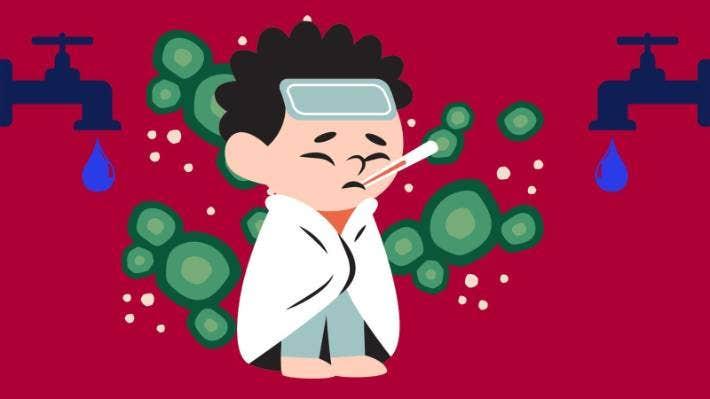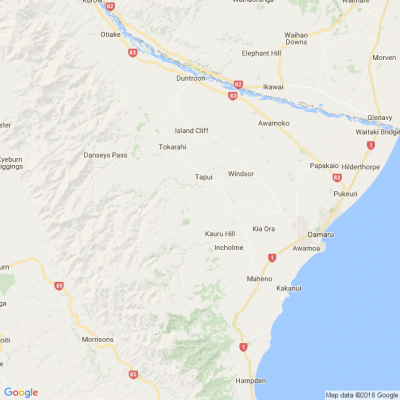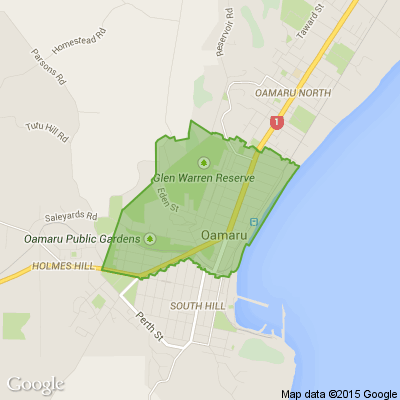What do I need to know about the gastro bug in Queenstown?
When Queenstown Lakes District Council warned residents to boil water on Monday, there had been eight confirmed cases of cryptosporidium in the area. The next day that had almost doubled to 15.
There is no confirmed link to the water supply, but it cannot be ruled out as the source, the local council says, so we got the low down from a parasite expert on what exactly the gastro bug is, and what could be in store if you’ve accidently been guzzling infected water.
Is cryptosporidium really that bad?
It’s definitely a grim disease, says Otago University parasitologist Bruce Russell. It’s a gut parasite that can affect animals and humans and while it’s resistant to chlorine, it can be quashed by boiling water.
It’s passed on in the faeces of infected animals and humans, and people become infected, often through water contaminated by infected animal or human faeces.
Cryptosporidium cases tend to spike at the beginning of lambing season, largely from people handling the animals and winding up with, “sheep poo” all over you.
In fact, he says, a lot of farmers get the disease from direct contact with animals. Cases occur year-round in New Zealand, but particularly in the spring. While Russell says cryptosporidium is something that “hangs about in New Zealand all the time”, outbreaks, like what is happening in Queenstown at the moment, are “a bit different”.
How could it have got in the water supply?
If it is coming through the water supply it’s likely because, “a large quantity of infected poop is being washed into the waterways and the dam reservoir". “It’s a tough parasite to deal with”.
I accidently drank water from the tap, should I freak out?
Unfortunately, says Russell, there’s not a lot you can do, now but wait, boil water from now on and hope you don’t get sick.
If I do get the bug, just how bad will it get?
The good news is, if you’re healthy and fit it’s often not, “that bad of a disease”, but you may still feel pretty rough. It depends on the person, too. Russell has also had a few colleagues come down with it before who, “looked pretty wasted by it”.
What about my kids?
Unfortunately the population to “watch out for” are kids aged 1-4, who dehydrate quickly with diarrhoea. Russell says people should definitely seek medical attention for the kids if they develop symptoms. The other high risk population are immuno-compromised people, which this type of disease can “wreak havoc” on.
Just how long does the ‘grim’ disease last?
You’re probably going to be feeling pretty rough for about a week.
Is there a cure or vaccine?
There are no drugs or vaccines for cryptosporidium. Being a parasite, “these things are difficult to get drugs and vaccines for,” he says.
I drank water yesterday. How long until I know I’m safe?
This can depend on the person, says Russell, but most people will be waiting for about five days before they know if they’re sick.
OK, so it’s a gastro bug, what exactly are we talking about here?
After a few days people will, “start to feel a bit uncomfortable in the stomach”. Early symptoms include cramps, then people will start to feel a bit uncomfortable in the stomach. Cramps and fever are also early sign. Most cases will have “watery diarrhoea” and severe cases can also include vomiting.
How can I make myself feel better?
Russell says if you do get sick, it’s important to keep hydrated and take electrolytes. And “stay near the toilet”. Severe cases may need a drip to replace fluids.
Do I have to go to hospital?
If you come down with cryptosporidium, Russell says you should definitely see your GP or health provider.
“It’s a notifiable disease in New Zealand, so it’s important for our community that we know what’s going on.
“People that seek medical attention are real heroes, risking the trip to the hospital or GP to get treated,” he says.
“It can be a tough disease. Anyone who’s had it knows, one minute you might need to make a run for it.”

Poll: Are our Kiwi summer holidays helping us recharge, or holding the economy back? ☀️🥝
There’s growing debate about whether New Zealand’s extended Christmas break (and the slowdown that comes with it) affects productivity.
Tracy Watkins has weighed in ... now it’s your turn. What’s your take? 🤔

-
73.2% We work hard, we deserve a break!
-
16% Hmm, maybe?
-
10.8% Yes!
Secure your homes over summer
Police are reminding people to keep their homes secure during the summer months.
Inspector Glenda Barnaby, Christchurch Area Prevention manager, says daytime burglaries are just as common as nightime burglaries.
“Burglaries can be committed at any time of the day, and coming into warmer months there is more opportunity for thieves."
"Although a majority of burglaries involve forced entry through windows and doors, we are starting to see more incidents at insecure premises. Police deal with cases where burglaries are committed in broad daylight, sometimes even while the victim is at home. Good weather means open doors and windows, which makes homes more vulnerable to burglars.”
Inspector Barnaby says there’s a few things people can do to reduce their changes of a burglary being committed.
⚠️ If you’re going outside for gardening, relaxing in the sun, or working in the garage, take a moment to lock your doors and secure your windows first.
⚠️ Do the same at night when you go to bed - keep your doors and windows secure and close your curtains. Fitting window stays means you can get a breeze coming through, while keeping your windows secure.
⚠️ Get to know your neighbours - let them know if you’re going away and look out for one another.”
If you see any suspicious activity, people or vehicles in your neighbourhood, don't hesitate to contact Police.
If you witness or suspect any illegal activity, please call 111 if it is happening now, or make a report through 105 either online or over the phone, if it is after the fact.

Brain Teaser of the Day 🧠✨ Can You Solve It? 🤔💬
How many balls of string does it take to reach the moon?
(Peter from Carterton kindly provided this head-scratcher ... thanks, Peter!)
Do you think you know the answer? Simply 'Like' this post and we'll post the answer in the comments below at 2pm on the day!
Want to stop seeing these in your newsfeed? No worries! Simply head here and click once on the Following button.







 Loading…
Loading…



